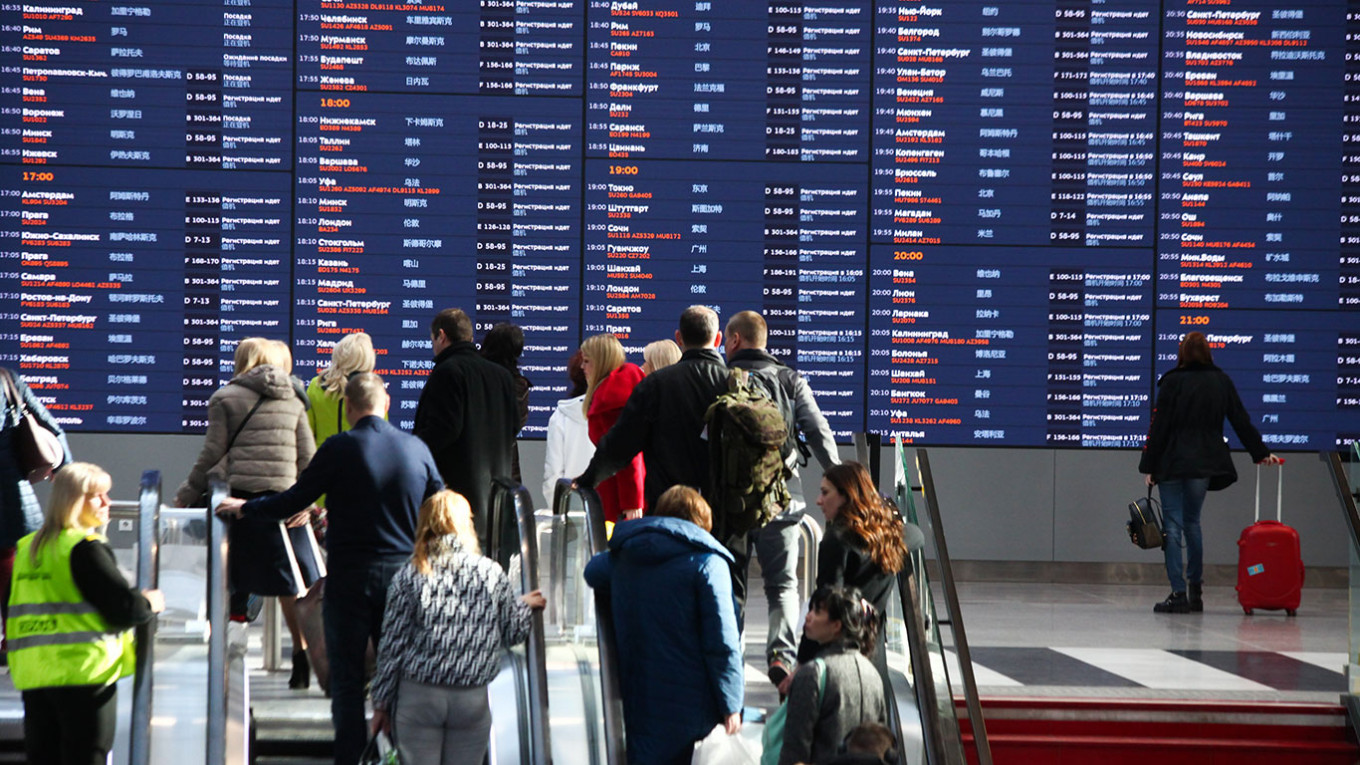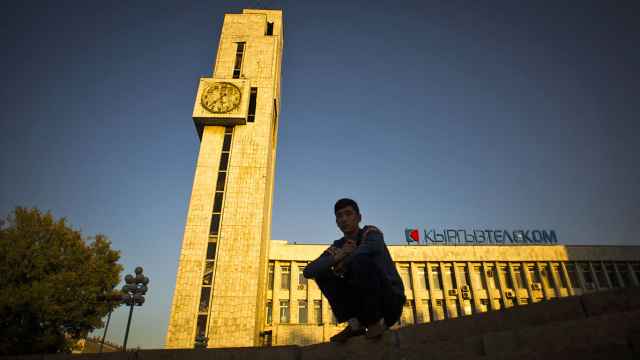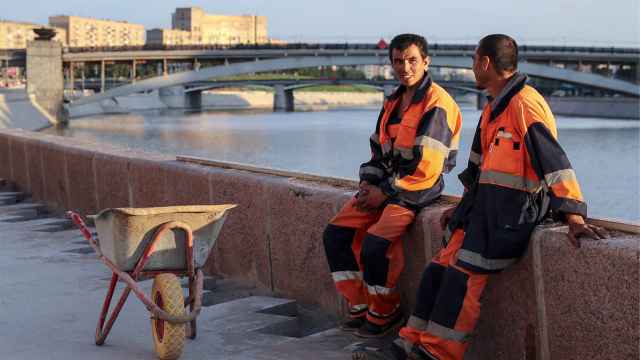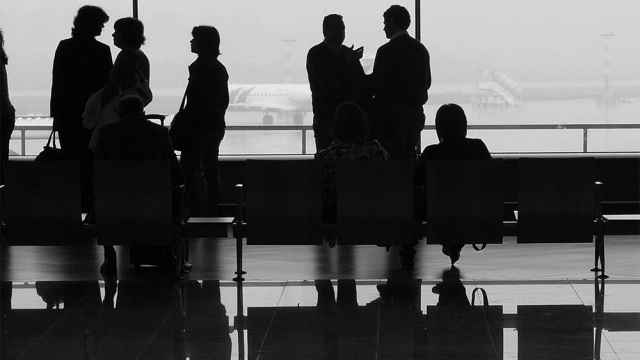Five million people have left Russia during the 20 years of President Vladimir Putin’s rule, according to a study published by the Moscow-based Takie Dela portal.
The study used official data from Rosstat, the state statistics service, of Russian citizens who canceled their registrations in Russia. But the study notes that there are no reliable data to determine the exact number of Russian emigrants.
Not all analysts see the statistics as cause to worry. “This figure is clearly overestimated or includes Russian citizens who live abroad or own real estate there,” Andrei Kolesnikov, an analyst at the Carnegie Moscow Center, told The Moscow Times.
“Political emigration makes up a microscopic share. This is mainly consumer emigration, what we used to call ‘sausage’ emigration,” Kolesnikov said.
“Sausage emigration” is a term often used to describe the Soviet migrants of the late 1980s and early 1990s who moved to the West to escape poor living standards and improve their material well-being.
In the post-Soviet era, the largest flow of emigration was observed from 2016-2019, when about 300,000 people left Russia annually. According to United Nations statistics cited in the Takie Dela study, more than 10 million Russians currently live abroad, just behind India and Mexico in the number of expatriates.
Ksenia Vladimir, 27, has lived in Prague since 2013. She moved there with her boyfriend at the time, but decided to stay permanently even after they broke up.
Vladimir obtained permanent residency and started a cake-baking business in Prague.
“I decided to stay because of the higher standard of living, financial prospects, better food, and opportunities for travel,” she told The Moscow Times.
Yulia Aliyeva, 30, left Stavropol in 2015 to pursue a master’s degree in the U.S. on the Fulbright program. After returning to Russia, she couldn’t find a job in the media because she was considered “overqualified.” She returned to the U.S. to get a Ph.D.
“Of course, I want to see my family and friends more often. I want to live at home and not be an eternally nomadic migrant, but I'm not sure that I can find opportunities for self-realization in Russia,” Aliyeva told The Moscow Times.
This outflow of women of child-bearing age comes at a time when the Russian government is trying to raise the birth rate, which has been under population replacement levels since 1990. “The preservation of the Russian people is our highest national priority,” said Putin during his annual State of the Nation address in April.
But despite programs to support mothers and families and Covid restrictions that have significantly complicated travel and immigration, the percentage of Russians who say they want to move out of the country has climbed to its highest level in nearly a decade, an independent Levada poll published this summer found.
The survey revealed that one in five Russians wanted to emigrate, with younger people twice as likely to want to emigrate than older Russians. This was confirmed by the Takie Dela study, which found that most of the respondents (55%) left Russia when they were between the ages of 20 and 40. They were also very well-educated: 92% had a university degree and 14% had a Ph.D.
Alexandra Belyava, 26, is a business analyst who lives in St. Petersburg but plans to move abroad in the near future. Belyava and her husband both work for international companies and are considering moving to a country in Western Europe or the U.S.
“Sometimes we think that we don’t care where we move — the main thing right now is to move west and then decide once we are there,” Belyava told The Moscow Times.
Belyava cites the political situation and lack of economic opportunities as reasons for emigration.
“There is a general feeling that the Russian authorities don’t care about us, and we don’t feel welcome in our own country,” Belyava said.
“So what is the point of being an outsider here with a lower standard of living when we can be an alien there but with a higher standard of living and greater opportunities?” she added.
A Message from The Moscow Times:
Dear readers,
We are facing unprecedented challenges. Russia's Prosecutor General's Office has designated The Moscow Times as an "undesirable" organization, criminalizing our work and putting our staff at risk of prosecution. This follows our earlier unjust labeling as a "foreign agent."
These actions are direct attempts to silence independent journalism in Russia. The authorities claim our work "discredits the decisions of the Russian leadership." We see things differently: we strive to provide accurate, unbiased reporting on Russia.
We, the journalists of The Moscow Times, refuse to be silenced. But to continue our work, we need your help.
Your support, no matter how small, makes a world of difference. If you can, please support us monthly starting from just $2. It's quick to set up, and every contribution makes a significant impact.
By supporting The Moscow Times, you're defending open, independent journalism in the face of repression. Thank you for standing with us.
Remind me later.







